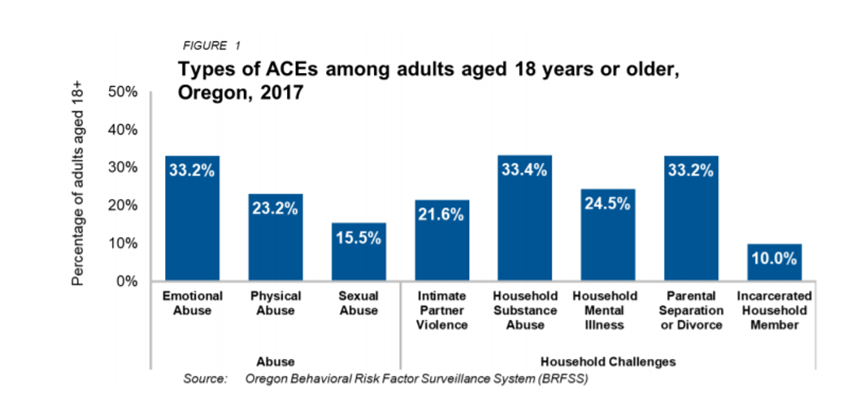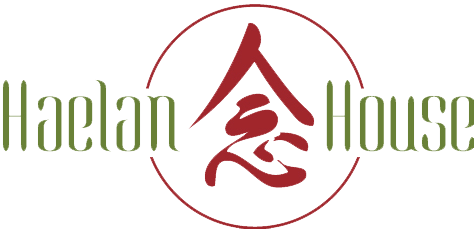Haelan House is dedicated to educating people about trauma and its effects on your health and wellbeing.
What is Trauma?
Trauma is the response to an event that overwhelms an individual’s nervous system and ability to cope. According to the National Council for Behavioral Health, 70% of adults (or 223.4 million people) in the U.S. have experienced some type of traumatic event at least once in their life. Whether a one-time or ongoing event, it can impact a person’s sense of safety and emotional wellbeing.
Trauma affects everyone differently, and many people might not be aware of how it is impacts their lives. A person’s physical, mental, emotional, social, spiritual, and nutritional aspects of life can all be altered by traumatic experiences. A single event could lead to profound suffering.
Some symptoms of trauma include:
- anxiety and depression
- learning difficulties (i.e., ADD, Dyslexia)
- memory loss
- pain, disease, and illness
- relationship issues (i.e., divorce, estrangements)
- substance abuse and addiction
- weight and digestion issues

ADVERSE CHILDHOOD EXPERIENCES (ACEs) AND TRAUMA IN OREGON
What is the ACE Study?
The Centers for Disease Control – Kaiser Permanente, Adverse Childhood Experiences Study is one of the largest investigations of childhood abuse, neglect, household, and later life health challenges.

The (estimated) economic impact of ACEs in Central Oregon is $12 million per year in health care costs alone. ~ TRACEs, Central Oregon
ACEs and Health Outcomes
The higher the number of ACEs before the age of 18, the greater the risk of physical and mental health conditions, behavioral problems, societal challenges, as well as risk for violent behavior, and being a victim of violence.
Adults with an ACE score of 4 or more:
| Die 20 years earlier than those without | Are 7 times more likely to become alcoholics | Twice as likely to develop cancer | 12 times more likely to commit suicide |
WHAT DOES IT TAKE TO HEAL FROM TRAUMA?
Trauma is experienced through your subjective perceptions and experience. In other words, a single event could lead to trauma in one person, but not another. The effects of trauma can be devastating and debilitating. The good news is trauma is treatable and changeable.
One Step at a Time…
To begin with, you must feel a sense of safety. It is not uncommon for individuals experiencing trauma to feel unsafe physically and emotionally. Creating a safe space with someone you trust and feel comfortable with is essential because no one heals alone.
If you can see and feel this safety in others, then our brain and body can start to relax. In this relaxing, a realization can start to happen in the brain that we might be “OK”, and we are safe. Many times, these are the beginning steps that a person’s brain is taking, and we may not always be aware that it is happening to us. This is resilience.
Building Resilience
Resilience is another key element to healing trauma. The Trauma Resiliency Model (TRM) defines resilience as the ability to recover from and endure strain, by developing emotional flexibility and awareness of the body. While we may not have control over our circumstances, we can develop healthy coping strategies. Resiliency is a tool that can be taught and shaped for everyone’s present and future needs.
Through this building of resilience, just like when we build a muscle in our bodies, we gain strength and self-empowerment for our mind, spirit, and body. This can start a building block process which can become a strong structure of resilience and empowerment for a person.
Although the world is full of suffering, it is also full of the overcoming of it.
~ Helen Keller
CREATING PATHS FOR HEALING AND RESILIENCE
At Haelan House our goal is to educate people about the many non-traditional ways of healing. There are ancient, as well as modern methods to healing. The societal norms of “be tough,” “push through the pain,” and “just get over it,” do not support anyone’s overall state of wellbeing and leaves a person feeling unseen and misunderstood. Our current culture is dependent on pharmaceuticals and the Western medical model to address all ailments. Although in some circumstance’s medications are necessary, but in ALL cases, the root cause must be addressed before true healing can happen.
We want to work with you to find what will be most helpful, using this broader range of choices.
Part of creating the path for healing requires acceptance, openness, and a willingness to show up.
Acceptance – Just by recognizing you have experienced something traumatic and gaining that awareness, can be the biggest step in healing we can take for ourselves! Accept that healing is a journey, and it may take time to find what works best for you. Every individual and their trauma are unique; therefore, the healing will be also.
Openness – There are lots of modalities for healing that you may find helpful. Part of the journey is being open to trying different options. We are extremely fortunate here in Central Oregon to be surrounded by talented and caring holistic practitioners who can help you uncover all the layers that have held you back from becoming your best self.
Showing Up – This can be defined as what steps you need to take toward your commitment to your own health and wellbeing. Part of this process is acknowledging where you are does not have to be where you stay. Showing up for yourself will be in every action you take to reimagining the potential for a healthier, more fulfilling life.

